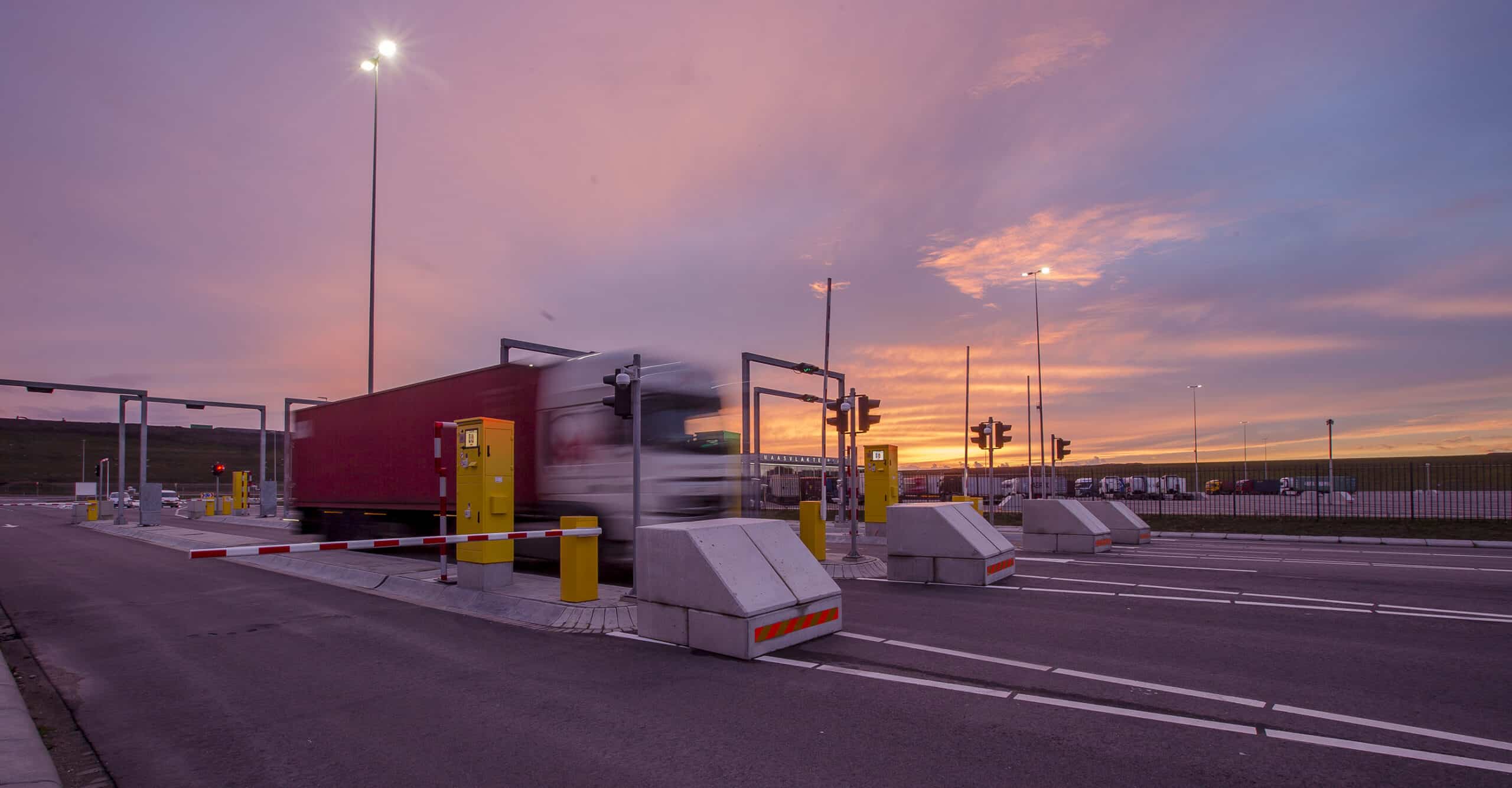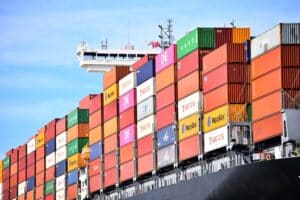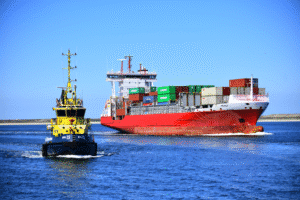It recently became daily practice: an automatic check at the terminal gate to verify whether the visiting driver is affiliated with the inland operator that has submitted the pre-notification via Portbase. As the final step in the Secure Chain, the ECT Delta terminal and the ECT Euromax terminal introduced the check on the 1st of March. The three other major deepsea terminals at the Maasvlakte and Rotterdam Shortsea Terminals will also adopt the automatic verification in the course of 2024. The check is carried out using EAN numbers issued by Secure Logistics. CEO Cor Stolk explains how the verification process works.
Companies in the logistics chain will mainly know Secure Logistics as the organisation behind the CargoCard, the smart magnetic card used by drivers to identify themselves at the gates of terminals and other areas. However, Secure Logistics does much more. Stolk: “We are an identity provider. We create trusted identities. Companies can base both their physical and digital security measures on this. For example, they can only grant parties with a trusted identity access to their terminal or digital environment. Furthermore, we have developed more and more additional services over time, such as a payment function linked to the CargoCard (XS-ID Pay) and the automatic signing of documents.”
Issuing an EAN number requires extensive verification
Secure Logistics does not simply hand out trusted identities. During the preliminary phase, the applicant is extensively screened based on various criteria. “If these checks & balances show that everything is in order, we will assign an EAN number,” says Stolk. “This means a company with an EAN number constitutes a trusted identity. The company can next request a separate identity for each of its employees; this consists of the company’s EAN number plus a separate code – the XS ID – for each employee. At this personal level, we carry out an extensive check beforehand as well.”
Personal CargoCard for each driver
That unique personal identity becomes tangible in container transport through the individual CargoCard each driver holds. The card also stores their biometric data. At the terminal gate, for example, a fingerprint scan or facial recognition makes it easy to verify whether the holder of the CargoCard and the person presenting the card are one and the same.
Access only if EAN numbers match
The standard practice is that only inland operators with a trusted identity – the EAN number issued by Secure Logistics – are able to pre-notify via Portbase at the container terminals at the Maasvlakte. The driver next identifies themself at the gate with the CargoCard. As a result, the terminal always knows who is calling. A new feature following the introduction of the Secure Chain is the automatic verification at the gate of the driver’s affiliation with the inland operator that has submitted the pre-notification. This is done by comparing the EAN number in the pre-notification with the EAN number on the driver’s CargoCard. The driver will only be granted access if both EAN numbers match. The barrier remains closed to a driver with a CargoCard that has not been linked to the pre-notifying inland operator.
Active monitoring for accuracy, authenticity and validity
“We continuously monitor users at both the company and personal level,” continues Stolk. “We check for accuracy, authenticity and validity. If anything changes in this respect, the identity – and therefore the CargoCard – will be revoked.” The CEO also mentions an agreement between Secure Logistics and the Seaport Police. “If a company is suspected of involvement in drug smuggling, we will immediately block the EAN number at the request of the Seaport Police. This means said company will no longer be able to access any terminal affiliated with Secure Logistics.”
Stolk warmly welcomes the introduction of the Secure Chain. “It ties together the security and operational processes. In Rotterdam, it was already not possible to access a terminal without a CargoCard. That’s the security aspect. The Secure Chain adds to this the operational order for the collection of a container. This is only possible because both the inland operator and the driver are registered by Secure Logistics as belonging to one another and being trustworthy by means of the EAN number.”



